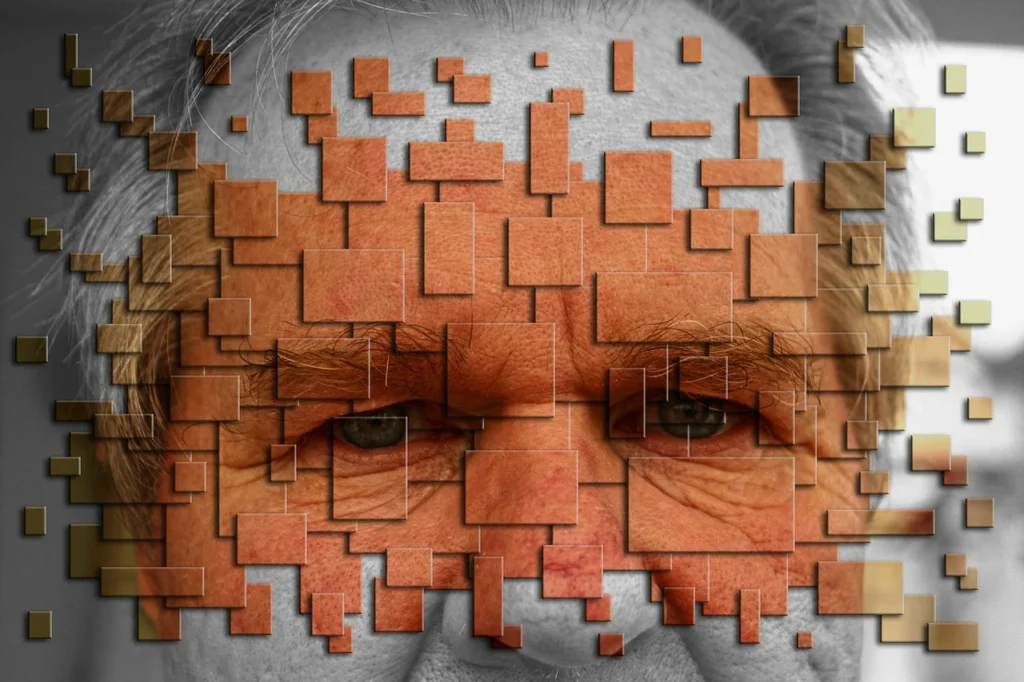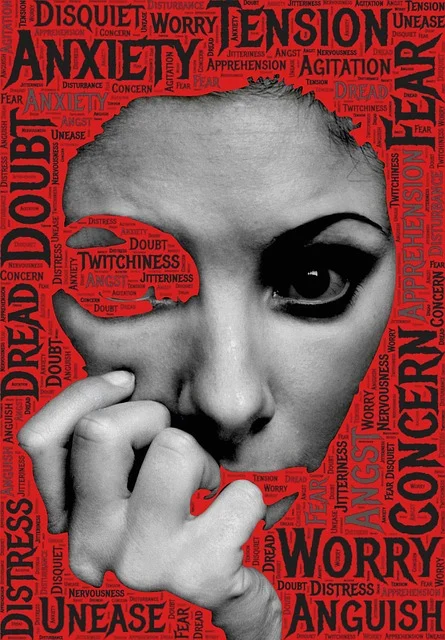OCD and depersonalization frequently coexist. Also we will go over what depersonalization is, how it relates to OCD, and how to get help in this blog post. Please know that you are not alone if depersonalization is causing you difficulties. This illness affects a lot of people, yet there are effective therapies for it.
What is Depersonalization?
Depersonalization refers to the experience of being cut off from oneself. This can appear as a sense of disassociation from one’s body, akin to viewing oneself from a distance, or also akin to being in a dream. Depersonalization can be quite frightening and cause confusion and a bizarre sense to regular activities.

Depersonalization and de realization disorders are characterized by a chronic or recurrent sense of detachment from one’s body or mental processes, akin to an external observer of one’s life (depersonalization); alternatively, de realization entails a persistent or recurring sense of detachment from one’s environment.
What is ocd?
The hallmark of obsessive-compulsive disorder (OCD) is an unwelcome thought and fear pattern known as an obsession. These obsessions cause you to engage in compulsive activities, or repeating actions. These compulsions and obsessions are very distressing and interfere with day-to-day tasks.
In the end, you feel compelled to engage in obsessive behaviors in order to decompress. Troublesome ideas or urges never go away, no matter how hard you attempt to ignore or overcome them. This makes you behave in a ritualistic manner. This is the OCD’s vicious cycle.
OCD frequently focuses on certain themes, such as having an excessive fear of contracting germs. Also You can repeatedly wash your hands until they are raw and chapped in order to allay concerns about contamination.
How Does OCD and Depersonalization Connect?
How OCD and Depersonalization Are Associated
Depersonalization and OCD are connected in two primary ways.
First,
Depersonalization is a common symptom of OCD in many individuals.
Second,
Depersonalization may be a coping mechanism for OCD-related anxiety. Depersonalization was also a common strategy employed by many to manage the anxiety and also uncertainty brought on by OCD.
Additionally, it helps me to numb the anxiety and make it pleasant.

Signs of Depersonalization
There are a few telltale indicators that depersonalization might be happening to you.
- It could seem as though you are seeing yourself from outside of your body or also that you are in a dream.
- It’s also possible to feel emotionally detached or as though you are incapable of feeling anything at all.
- Derealization, also which is the sensation that the environment is strange or unreal, is another possibility.
- Daily tasks could seem strange or perplexing.
Causes for Depersonalization in OCD
Depersonalization caused by OCD can have numerous causes. Also Certain individuals may be predisposed to the disease from birth, whereas others may acquire it as a result of stress or trauma. It’s also thought that having a family member with OCD depersonalization may make certain people more prone to getting the illness themselves.
Depersonalization’s Impact on OCD
Depersonalization can affect OCD in a number of ways.
First impact
It can, in the first place, lessen the intensity and perceived threat of the obsessions and compulsions. As a result, there may be less compulsions and anxiousness.
Second impact
Focusing on obsessions and compulsions might be challenging when depersonalization occurs. More compulsions and elevated anxiety may result from this.
Third impact
It could be challenging to establish a connection with someone who is depersonalized. Social isolation and elevated anxiety may result from this.

Treatments for ocd depersonalization
There are several effective treatments for depersonalization and OCD.
Cognitive behaviour therapy
A type of psychological treatment called cognitive behavioral therapy (CBT) has shown promise in treating a variety of issues, such as serious mental illness, eating disorders, marital issues, anxiety disorders, depression, and difficulties related to alcohol and drug use. Several studies indicate that cognitive behavioral therapy (CBT) improves functioning and quality of life significantly. CBT has been shown in numerous trials to be just as effective as or even more effective than psychiatric drugs or other types of psychological therapy.
It is crucial to stress that both clinical practice and research have served as the foundation for advancements in CBT. In fact, there is a wealth of scientific evidence supporting CBT, demonstrating that the techniques employed genuinely bring about change.
Exposure and response prevention (ERP)
ERP, also known as exposure and response prevention, is a type of therapy that encourages you to confront your anxieties and allow compulsive ideas to arise without using compulsions to “neutralize” or “put right” them.
The first step in exposure treatment is to face anxious objects and circumstances—as long as the anxiety is something you can handle. You’ll notice that after the first few times, your anxiety levels drop and don’t stay as long. After that, you’ll go to exposure exercises that are harder.
In many other parts of the world, ERP is by far the most often utilized therapy; nevertheless, cognitive behavioral therapy is advised here in the UK. ERP is naturally incorporated into the behavioral component of CBT.
Medication
In addition, medication can be a useful treatment for OCD and depersonalization. One class of drugs that works well for treating both conditions is called selective serotonin reuptake inhibitor, or SSRI.
Self help tips

First tip
It’s crucial that you first familiarize yourself with the two illnesses. This will further assist you understand your symptoms and prepare you for what’s next.
Second tip
Finding a support group or therapist who is knowledgeable about both conditions is crucial, too. This can be a terrific source of help and extra information.
Third tip
Third, it is crucial to take care of oneself physically and mentally. This entails maintaining a healthy diet, getting enough rest, and also engaging in regular exercise. Taking care of yourself can help you manage your symptoms and feel better.
Fourth tip
Fourthly, it’s important to practice self-compassion. Treatment for various problems may not be quick, and there may be obstacles in the path. Never give up hope—a full recovery is achievable!



